Aim
RefuAid aim to encourage a focus on alternatives to protracted refugee camps and ensure host communities are sufficiently supported to provide essential services and give assistance to refugee communities.
Scope
Successful implementation of alternative policies requires communication and collaboration with host communities and actors at all levels. Compliance with alternative policies and the transfer from refugee camp to integrated societies is essential.
Rationale
The RefuAid team have spent extensive time working with refugee communities living in camps. Housing, employment and access to local services are consistently the most requested opportunities. Currently 40% of the worlds refugees live in camps, that’s 24 million people, most often because there is no alternative. Refugee camps across the globe are diverse. They take the form of settlements, government run facilities, self-settled camps and non-profit run facilities. The typically defining characteristic of refugee camps is a limitation on rights and freedoms and therefore a limitation on people’s ability to make meaningful choices about their lives. Pursuing alternatives to refugee camps means working to remove restrictions so people have the possibility to live with dignity and independence as members of the community. The independence and dignity of refugees can be fostered by allowing refugees to fully exercise their rights, guaranteeing people can move freely, choose where they live, work, open businesses, cultivate land and access protection and other basic services. Host governments and communities may currently feel refugee camps enable easier public order and security management, allowing for better control of the movement of refugees. In addition, host governments may feel allowing refugees to integrate into society may have a negative impact on employment rates and resources. It is therefore the role of RefuAid to clearly communicate the evidence to the contrary, and provide clear examples of where integration is positively impacting local development. RefuAid will highlight the positive results on markets and economies where refugees are given full access to rights within the host community. Refugee camps can be an essential part of a humanitarian response of government and non-state actors such as NGOs in an emergency. Refugee camps often facilitate the fast and effective provision of essential resources and life-saving assistance. Camps also provide protection services with the opportunity to highlight key persons of concern with specific needs. However, whilst an important tool in the immediacy, a reliance on camp-centric humanitarian policy in a protracted refugee crisis can have a devastating impact on the future development of affected communities. Life for refugees living in camps can foster dependency and weaken the ability of people to manage their own lives causing further trauma and creating a barrier for possible solutions. Refugee camps over a protracted period distort host nation economies and can have a devastating impact on the local environment.
Enabling host communities to integrate and accommodate for refugees to reside in the community peacefully supports the ability for refugees to regain responsibility for their livelihood, family and role within the wider community. Refugees bring skills, expertise and assets as well as qualities of perseverance and adaptability as a result of their journey. Refugees who are given the tools to redevelop their livelihoods and independence will be far better placed for future development than if they had spent years’ dependent on humanitarian assistance. In numerous instances throughout the world, specifically in sub-Saharan Africa, the integration of refugees into host communities has stimulated local economies. Moreover, community-based initiatives supported, led by and involving members of the host and refugee communities promote social cohesion, reduce cultural misunderstanding and xenophobia and create better opportunities for protection. Where people work, study and play together they are better equipped to resolve differences and live peacefully. Refugee camps demand large financial investments from non-profit organisations, host governments and international bodies. The running costs of a refugee camp are considerable and, where people are unable to gain their independence, must be sustained for years, even decades. Building camps in remote locations wastes additional financial investment if/when refugees do return home. Building upon existing infrastructure within host communities and financially investing in the expansion of pre-existing services such as for education and healthcare is a more sustainable and efficient approach. It avoids duplication, is cost-effective and removes the creation and investment in parallel structures for refugee and host communities.
Objective
RefuAid’s objective is to work with host communities, governments and non-profit organisations pursue alternatives to camp-centric policies. Acknowledging that in the onset of a humanitarian crisis camps are needed to provide critical services but should always been seen as a temporary measure. Where camps are established RefuAid will work with the community, state and NGOs to plan how the camp can be a stepping-stone for future development. RefuAid will collaborate and work with all involved actors and crucially the refugee and host communities to, at the earliest possible stage, build linkages between the refugee and host communities to provide needed services on a platform for cohesion and development.

